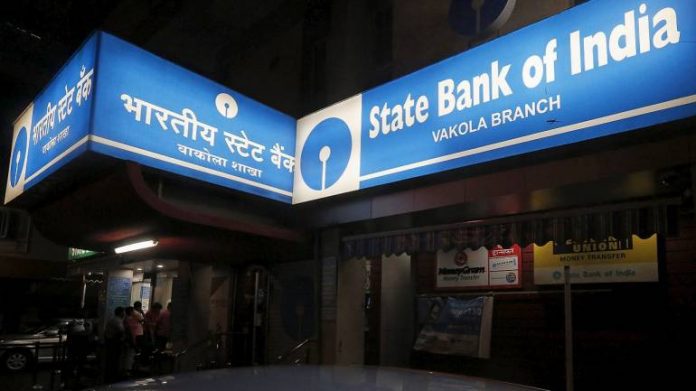The State Bank of India (SBI) has a warning for its customers. In a post on microblogging site Twitter, the bank said that the fraudsters have found new ways to dupe people. In this new kind of cybercrime, customers get calls from the scamsters to share their OTP in order to postpone their loan EMIs.
For those unaware, banks are offering grace period for their customers to skip loan EMI payments till June 2020. This comes in the wake of loan repayment moratorium announced by the Reserve Bank of India (RBI) last month due to the coronavirus lockdown.
“Cyber fraudsters keep finding new ways to scam people. The only way to beat the #cybercriminals is to #BeAlert & be aware. Please note that EMI Deferment does not require OTP sharing. Do not share your OTP” tweeted SBI via its official twitter account.
Cyber fraudsters keep finding new ways to scam people. The only way to beat the #cybercriminals is to #BeAlert & be aware. Please note that EMI Deferment does not require OTP sharing. Do not share your OTP. For details on EMI Deferment scheme, visit: https://t.co/wP3Xux99vI#SBI pic.twitter.com/2GZSHX3ONa
— State Bank of India (@TheOfficialSBI) April 5, 2020
The tweet also has an image that explains how the new fraud works. It has a title that reads “Be Alert & Be Aware”.
“A new style of Cybercrime has been started by fraudsters…In such frauds, customers get calls asking them to share their OTP in order to postpone their loan EMIs…Once the OTP is shared the amount is immediately siphoned away by the fraudsters. Please do not share your OTP”, the image says.
The post also has a link to reliable details on EMI Deferment Scheme offered by SBI. It says that the SBI has initiated steps to defer the instalments and interest/EMIs on Term Loans falling due between 01.03.2020 to 31.05.2020. Accordingly, the total repayment period will be extended by 3 months over the original repayment period. A customer can choose three course of actions under this scheme. They can either continue to pay in normal instalments or defer the EMI installment payment by submitting an application. Customers can also seek refund of the installment/EMI if they have paid already.


